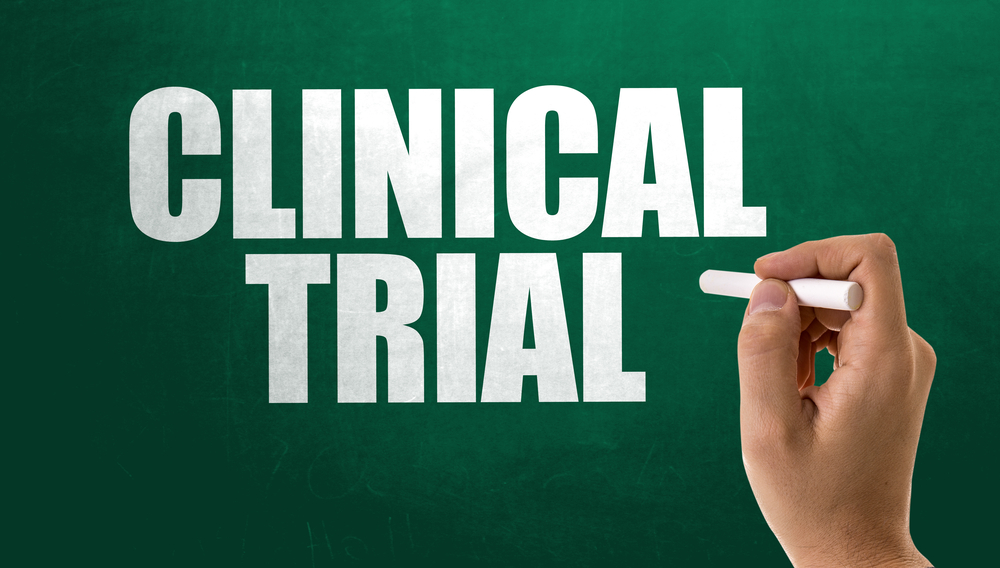Abeona Will Include Early-stage MPS IIIA Patients in ABO-102 Gene Therapy Trial

Abeona Therapeutics is planning to expand its ongoing ABO-102 gene therapy Phase 1/2 trial to include patients with Sanfilippo syndrome type A (MPS IIIA) at earlier stages of the disease.
“The encouraging data generated to date and our interactions with the U.S. Food and Drug Administration (FDA) and European Medicines Agency (EMA) have informed the advancement of our Phase 1/2 trial, which will seek to enroll patients likely to receive the most benefit from treatment,” João Siffert, MD, interim CEO, chief medical officer and head of research and development at Abeona, said in a press release.
MPS IIIA is a genetic disorder characterized by the impaired degradation of a sugar molecule called heparin sulfate due to a faulty SGSH gene. ABO-102 is a gene therapy that uses a safe adeno-associated virus (AAV)-based system to deliver the correct version of the faulty gene and rebalance heparin sulfate metabolism.
In preclinical studies, a single dose of ABO-102 resulted in functional benefits that were sustained for months after treatment, including normal cell and organ function, corrected cognitive defects, and increased lifespan and neuromuscular control in MPS IIIA animal models.
Abeona is exploring ABO-102’s safety and effectiveness the dose-escalation Phase 1/2 clinical trial (NCT02716246). The study, which started in 2016, is still recruiting adults and children at least 6 months old with a confirmed diagnosis of Sanfilippo syndrome type A.
During the trial, patients are divided into three groups to receive a single intravenous injection of low-dose, medium-dose, or high-dose ABO-102.
Preliminary results have shown that ABO-102 can induce a dose- and time-dependent decrease in heparan sulfate in both urine and cerebral spinal fluid (CSF), the liquid filling the brain and spinal cord.
Abeona reported in February that ABO-102 stabilized or improved cognitive function at six months in the medium-dose group, and at one year in the low-dose group. Also, researchers reported encouraging neurocognitive signals in younger, higher-functioning patients treated with the higher dose.
ABO-102 has been well-tolerated, with no therapy-related serious adverse events reported. Patients treated with the gene therapy also showed a reduction in liver volume, a known hallmark of the disease.
The company now plans to change the initial design of the trial to include MPS IIIA patients at earlier stages of disease.
According to the press release, patients unable to participate in the modified Phase 1/2 study may be eligible to enroll in other studies within the MPS IIIA program.
ABO-102 has been granted orphan drug, rare pediatric disease, and fast track designations by the U.S. Food and Drug Administration (FDA). The investigational gene therapy has also received orphan product status by the European Medicines Agency (EMA).
The FDA also granted ABO-102 its regenerative medicine advanced therapy (RMAT) designation to further its development.






